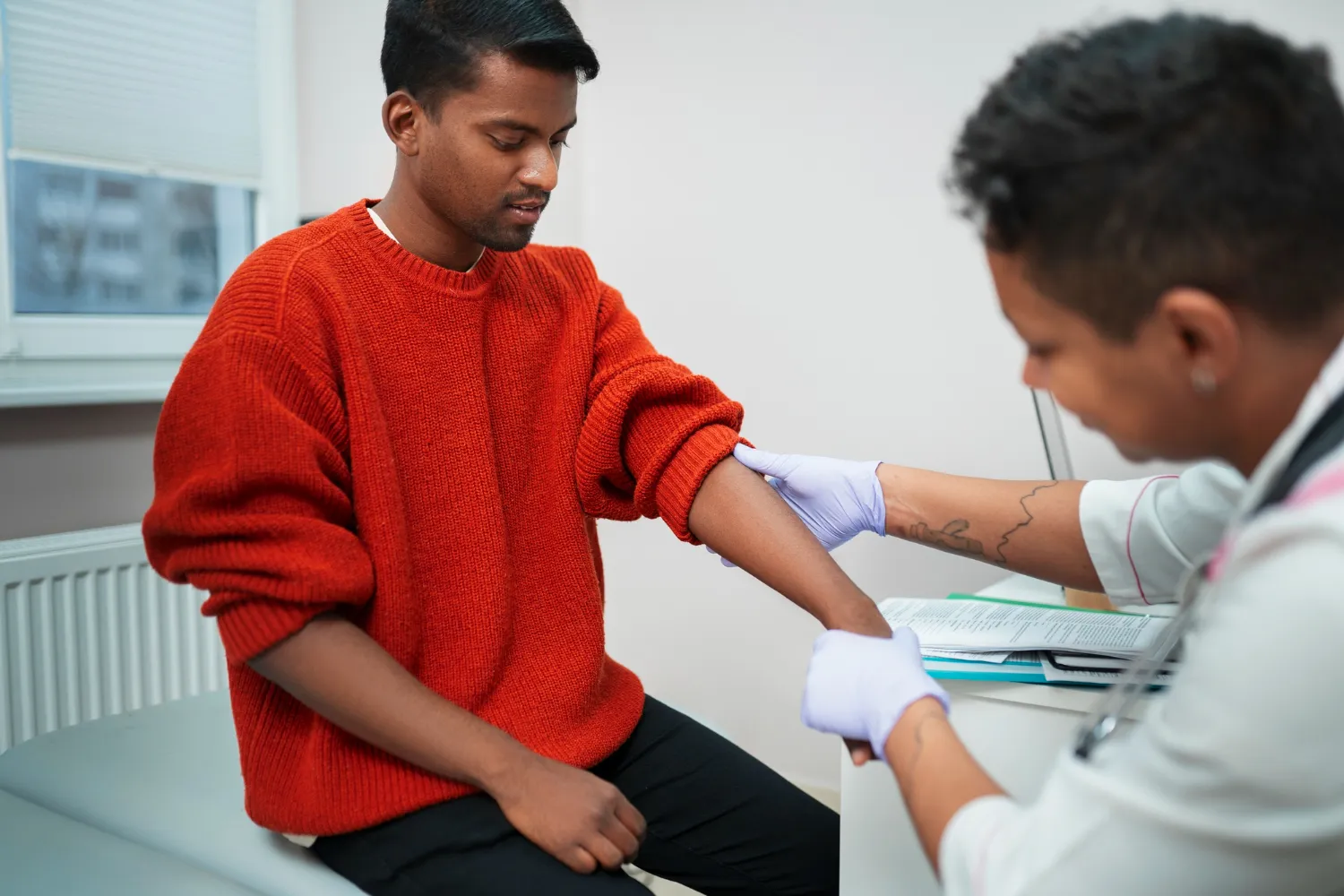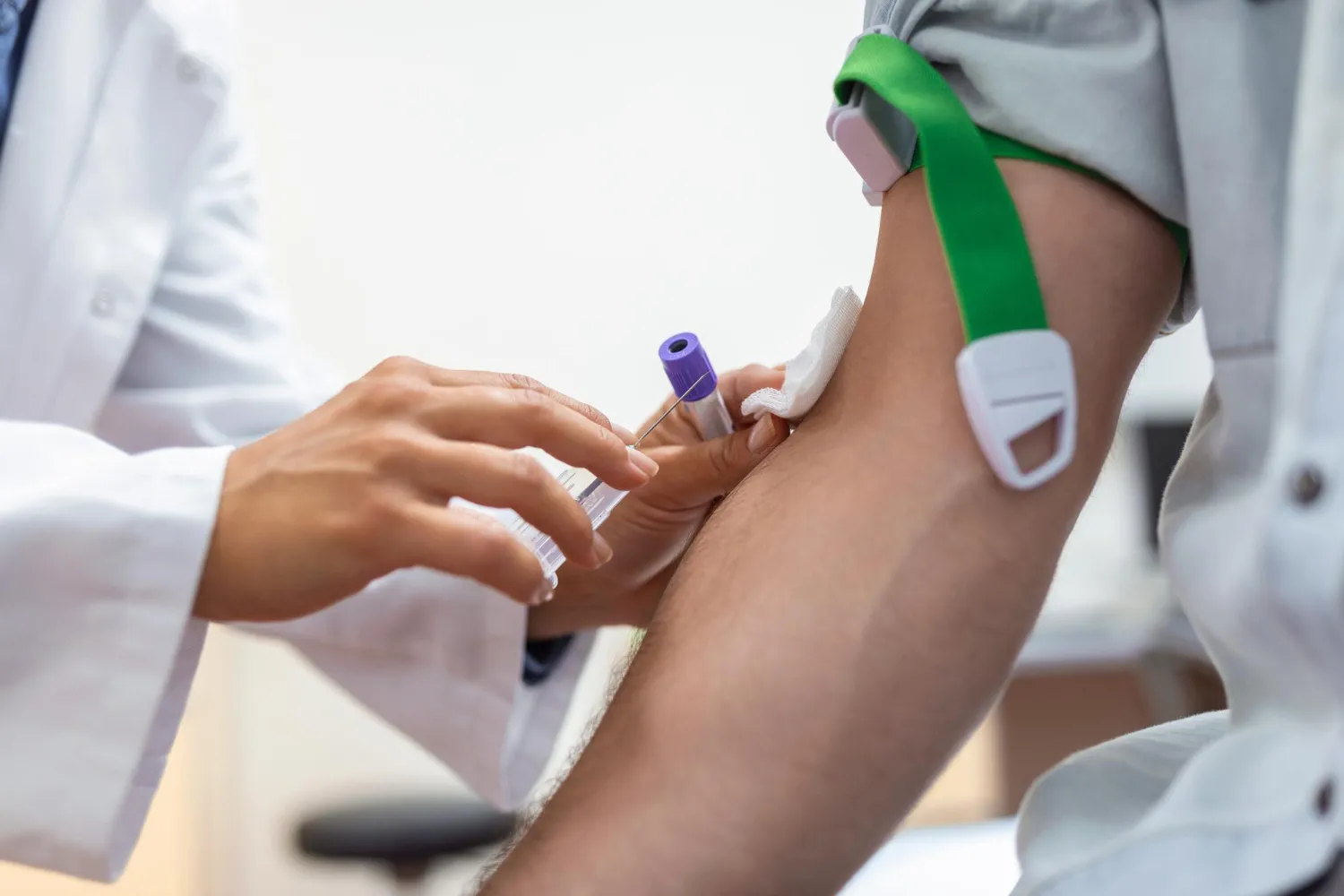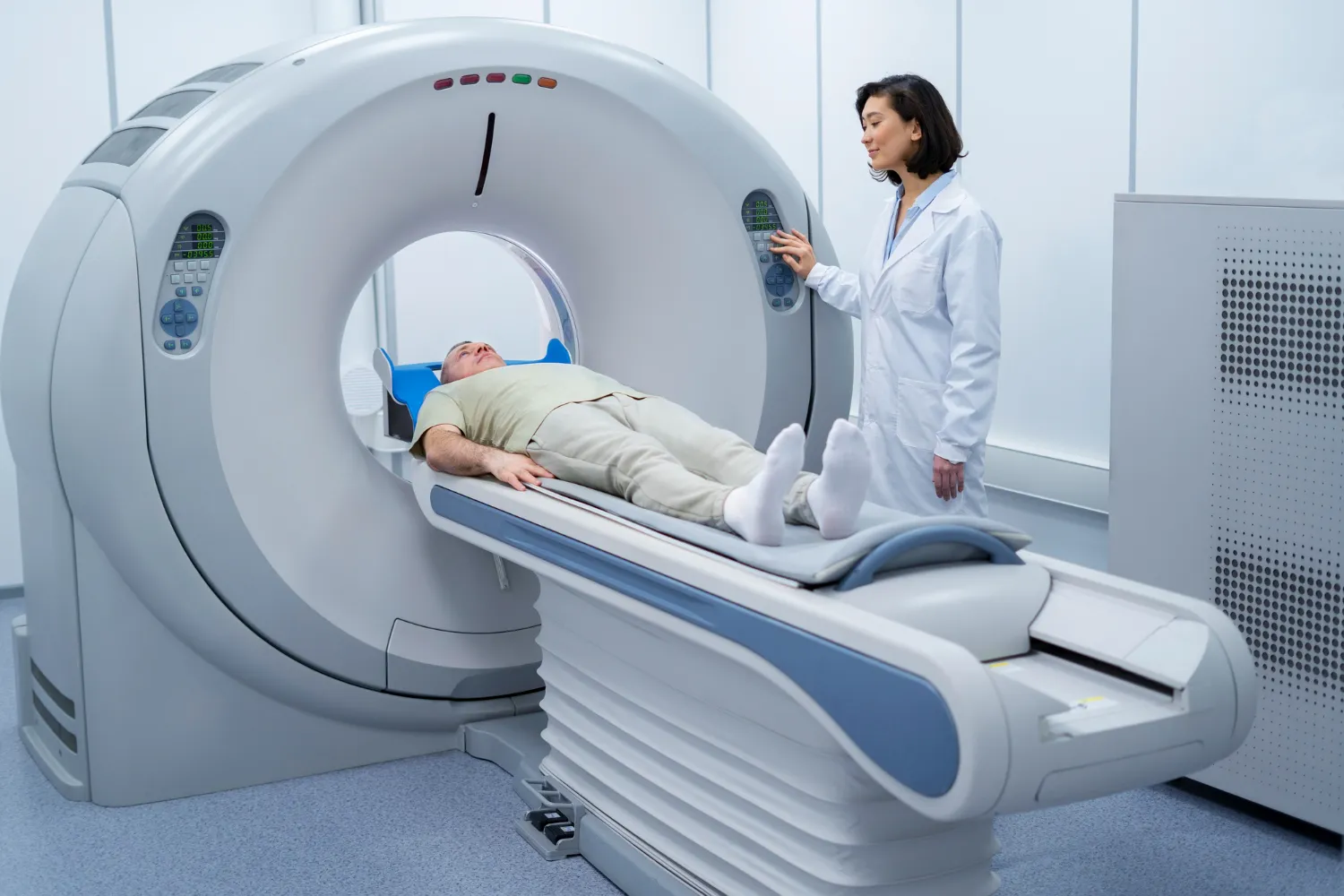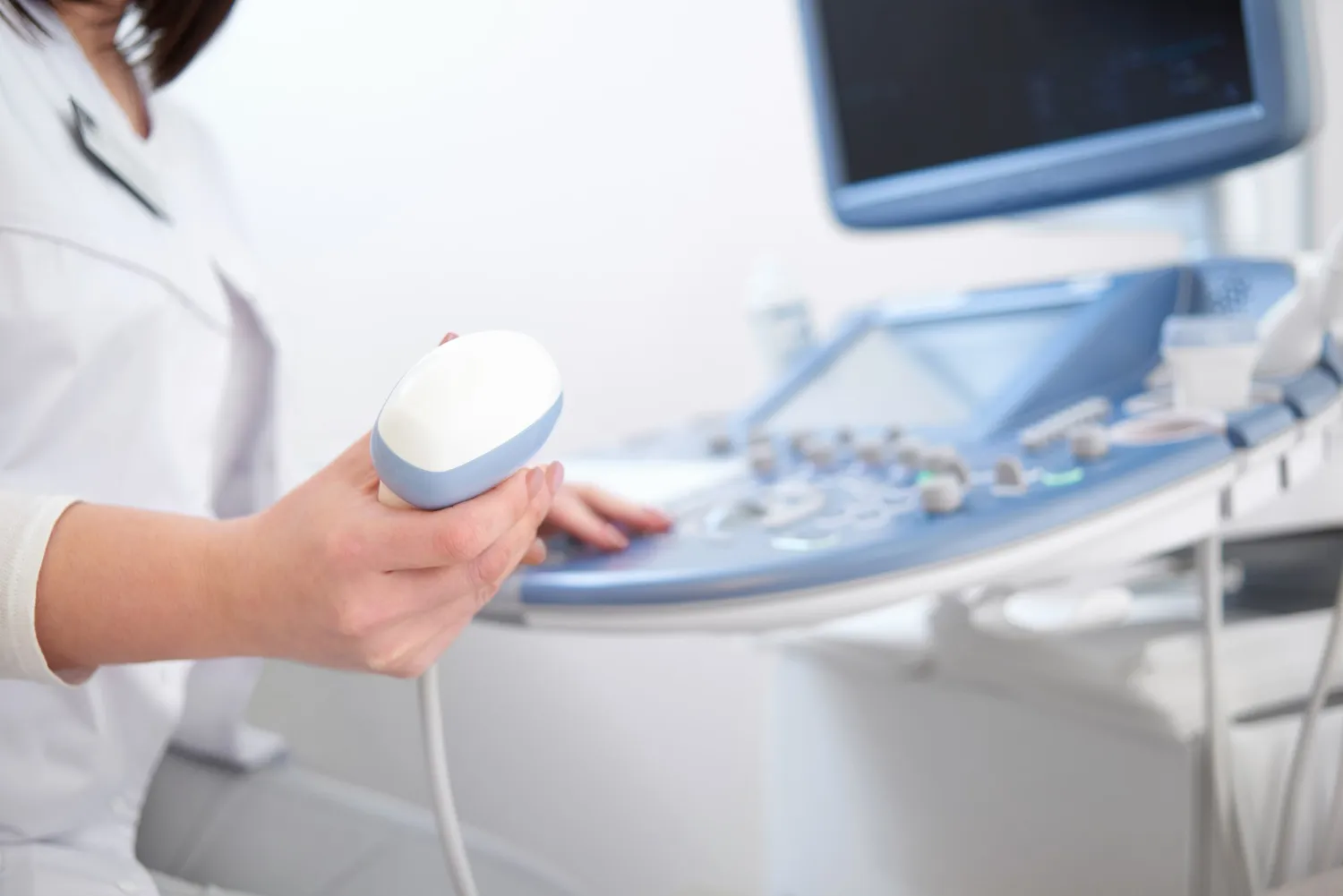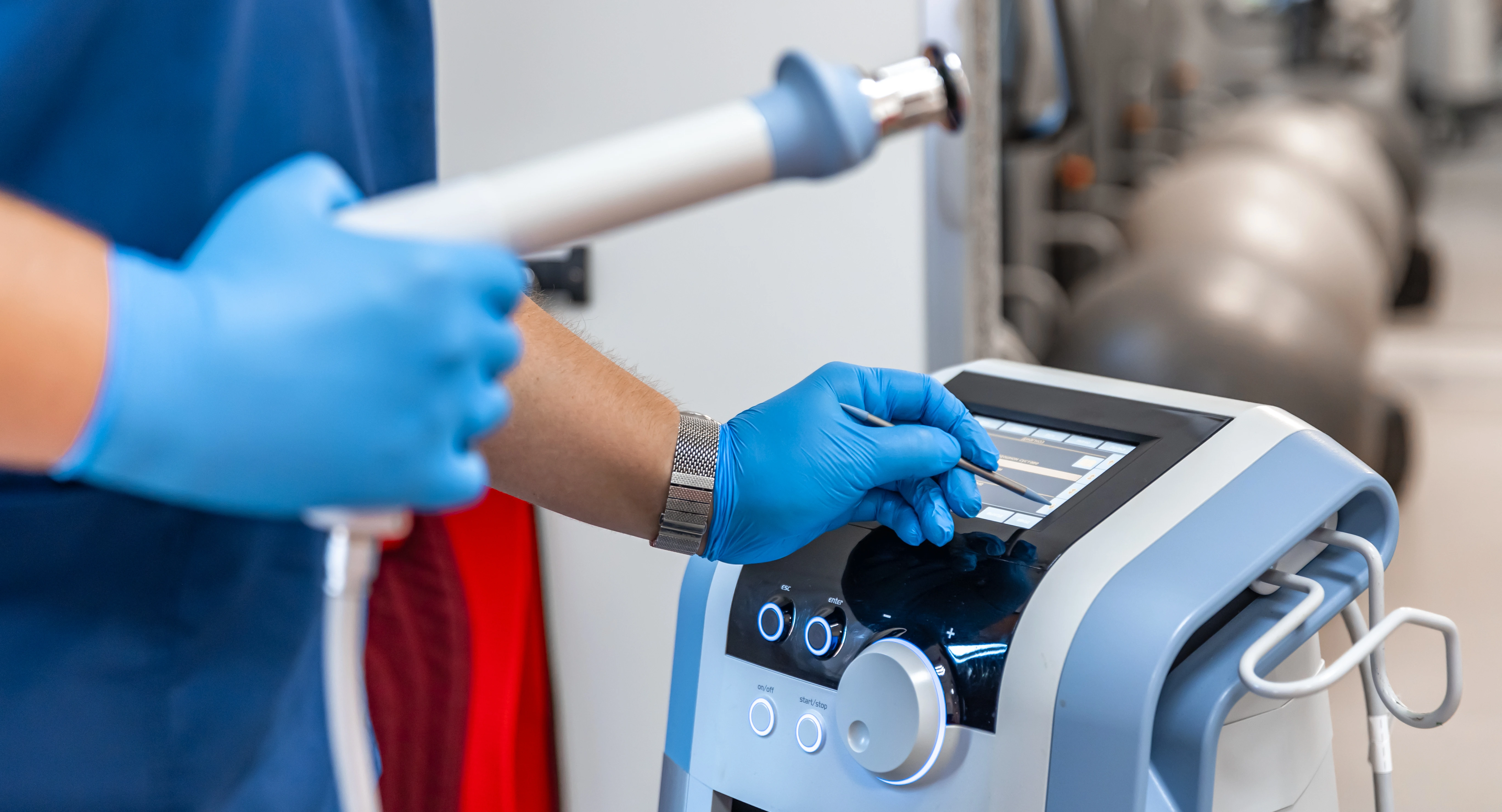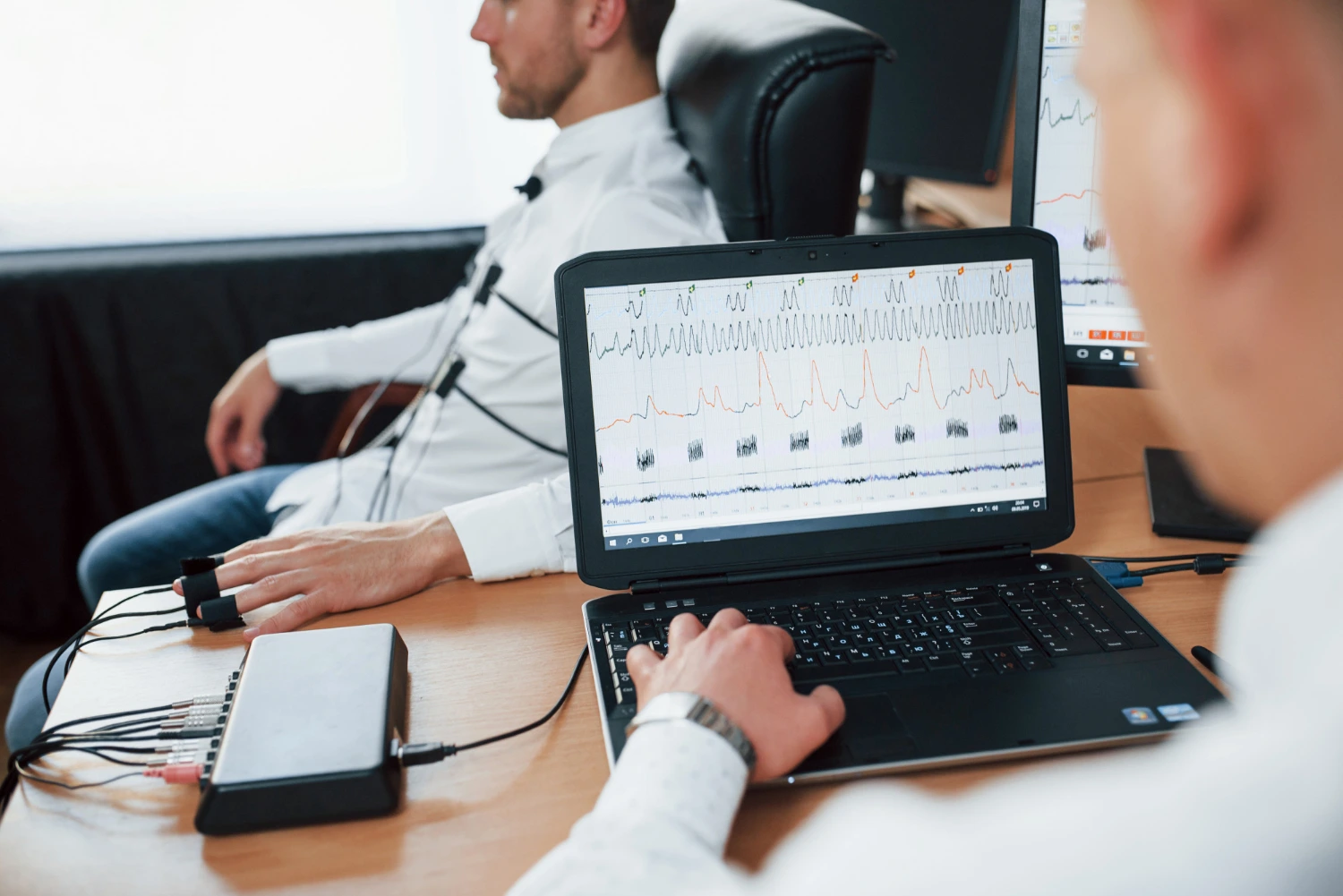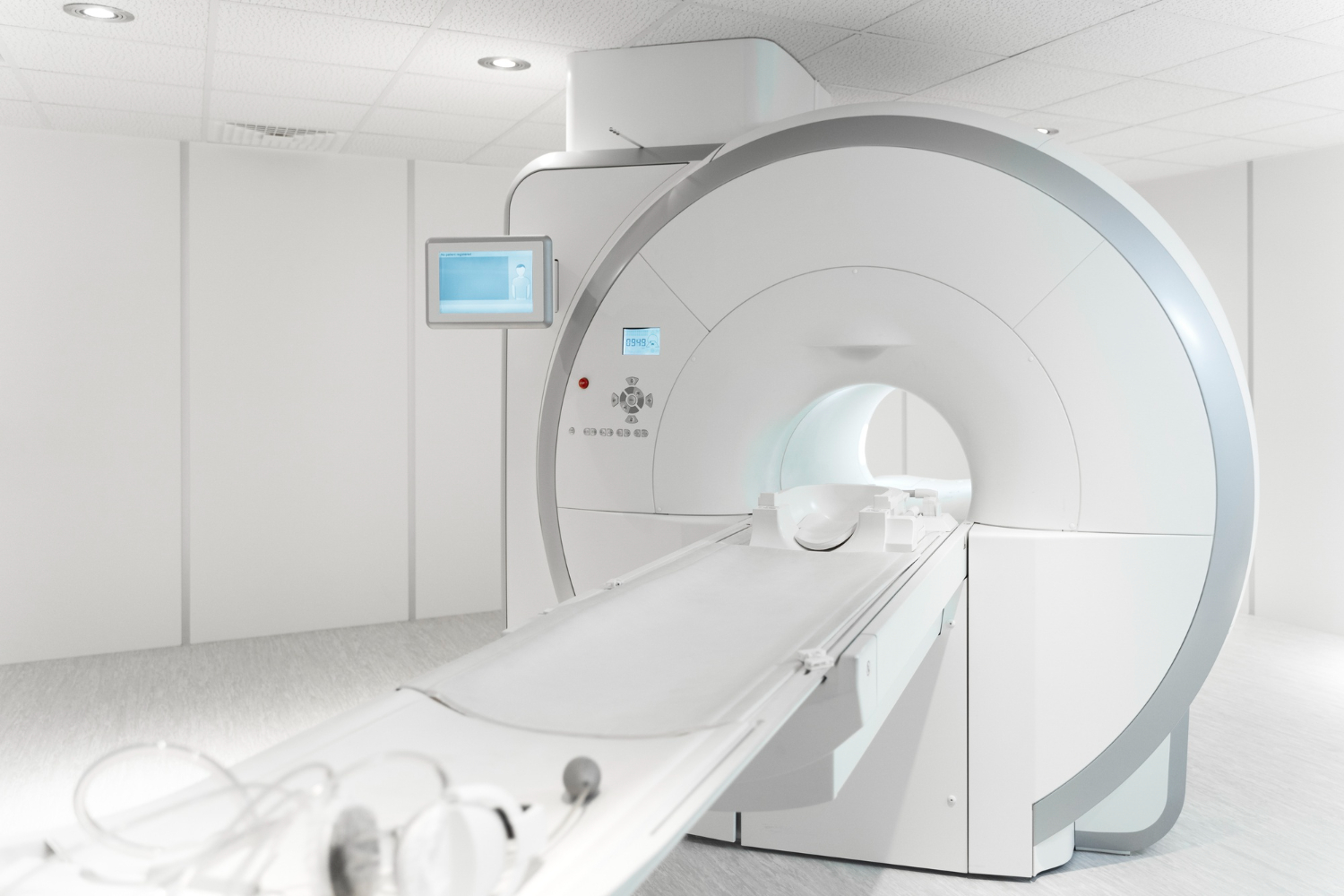Dengue Fever Tests: Diagnosis, Procedures, and Prevention

1. Introduction to Dengue Fever
Overview of Dengue Fever
Dengue fever, a mosquito-borne viral infection, is a significant public health concern in many tropical and subtropical regions. Transmitted primarily by the Aedes aegypti mosquito, the dengue virus causes flu-like symptoms that can escalate into severe conditions such as dengue hemorrhagic fever or dengue shock syndrome. The World Health Organization estimates that there are 390 million dengue infections annually, with about 96 million manifesting clinically. If you’re looking for a reliable dengue test in Bangalore, early detection is key to reducing complications and improving recovery.
Importance of Early Detection
Early detection of dengue fever is paramount in preventing complications and improving patient outcomes. Identifying the infection at an early stage allows for timely medical intervention, reducing the risk of severe disease progression. We provide the affordable dengue fever test in JP Nagar, Bangalore with accurate results to help patients start treatment quickly. Early diagnosis also aids in implementing vector control measures to curb the spread of the virus and informs public health strategies.
2. Types of Dengue Fever Tests
NS1 Antigen Test
The NS1 antigen dengue test in JP Nagar, Bangalore is one of the earliest diagnostic tools available for dengue fever, capable of detecting the presence of the dengue virus from the first day of fever. This test identifies the non-structural protein 1 (NS1) of the virus, which circulates in the blood during the early stages of the infection. A notable advantage is its ability to provide rapid results, often within hours—crucial for initiating prompt medical treatment. However, its sensitivity can decrease after the fifth day of illness, making supplementary tests necessary for confirmation.
RT-PCR Test
The Reverse Transcription Polymerase Chain Reaction (RT-PCR) test is a highly sensitive and specific diagnostic method used to detect dengue virus RNA. This molecular technique amplifies the viral genetic material, enabling the identification of the virus even at low concentrations. It is most effective during the first five days of infection. While highly accurate, it requires specialized equipment and trained personnel.
IgM and IgG Antibody Tests
IgM and IgG antibody tests help in detecting dengue infection during the later stages. IgM is typically positive from the fifth day of illness, indicating a recent infection, while IgG shows past or secondary infections. These tests are often combined with NS1 or RT-PCR to provide a complete diagnosis.
3. Interpreting Test Results
Understanding Positive and Negative Results
A positive NS1 antigen or RT-PCR result confirms an active infection. A negative result, however, does not entirely rule out dengue, especially if taken outside the ideal detection period. In such cases, IgM and IgG tests offer additional insights.
Follow-Up Actions Post-Testing
If your dengue test is positive, immediate medical care is essential to manage symptoms and prevent complications. Monitoring for severe dengue signs such as persistent vomiting, severe abdominal pain, or bleeding is critical. For negative results in symptomatic patients, further testing or alternative diagnoses may be required. Public health measures, including mosquito control and awareness, remain vital.


